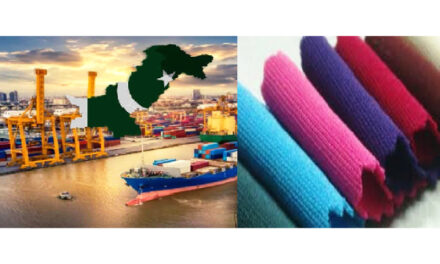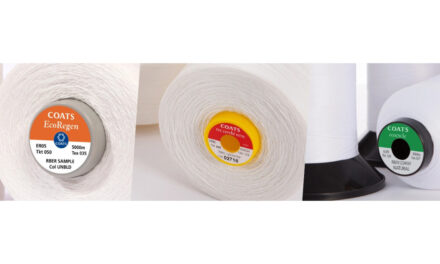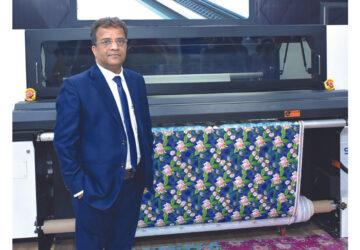 Seiko Epson Corporation and fashion designer Yuima Nakazato have concluded a partnership agreement under which they will seek to transform the fashion industry through workflow innovation and technical research that will reduce the industry’s environmental impact while enabling the creation of high-quality custom clothing.
Seiko Epson Corporation and fashion designer Yuima Nakazato have concluded a partnership agreement under which they will seek to transform the fashion industry through workflow innovation and technical research that will reduce the industry’s environmental impact while enabling the creation of high-quality custom clothing.
Purpose of the partnership: Epson’s digital textile printing technology can reproduce fine gradations and subtle tones. It is ideal for short-run production with quick turnarounds because it does not require printing plates. It also uses far less water, ink, and chemicals than conventional analog printing and thus has a smaller environmental footprint. The purpose of the partnership is to reduce the environmental impact of clothing production in the fashion industry, implement an optimum mode of production that can provide more personalized designs than the conventional method of mass-producing the same designs, and jointly research and develop future technology for realizing this.
Projects and issues to be addressed under the partnership
Short-term projects and issues
• Maximizing the expressive potential of Yuima Nakazato: Epson has supported Yuima Nakazato in creating collections for Paris Haute Couture Fashion Week since 2021. Specifically, we employed Epson’s Fujimi Solution Center to print ultra-thin materials such as silk organdy, thus expanding the palette of materials that can be used. In addition, the quality of the garments in the collection was maximized by eliminating design size constraints while reproducing prints that reflect the delicate touch and shades in the original drawings by designer Yuima Nakazato. We will continue to work with Yuima Nakazato to develop new clothing possibilities using inkjet technology.
• Creating a low-impact process that offers greater freedom of expression: Digital textile printing was used in the production of Yuima Nakazato’s collection. This digital technology has many advantages over traditional textile printing. It uses less water, creates less waste because textiles can be produced in only the volume needed, and is cleaner. Moreover, the pigment inks used do not require steaming or washing treatments after printing. We will continue to focus on reducing the amount of water used and to promote the production of clothing in a low-impact process that does not compromise freedom of expression.
• Realizing on-demand local production with less waste: Digital textile printing enables fast turnaround times, eliminates inventory, and can accommodate local production runs in amounts as short as a single garment. By using this digital process to meticulously produce exquisite garments at the right time and in the required quantity, we will conduct a proof-of-concept for a waste-free value chain as envisioned by Yuima Nakazato.
Medium- and long-term projects and issues
• Epson will provide comprehensive technical support for everything from the production of garments to the production of staging to physically embody the concepts of Yuima Nakazato, which is further broadening its range of expression.
• The partners will investigate the potential for new clothing by combining new material fabrics and digital printing.
• They will explore the possibilities of a circular supply chain. They will research the recycling and repurposing of paper sculptures used in staging collections using Epson’s Dry Fiber Technology*. They will also study the recycling of textile fibers.
The goal of the partnership: Epson’s goal is to evolve the value chain in the fashion industry by providing technology, processes, and schemes that enable the low-impact production of high-quality custom garments to realize Yuima Nakazato’s desire to bring the joy of one-of-a-kind garments to everyone.
Epson is committed to co-creating with partners to make a wide variety of its customers’ creations possible, and through its initiatives to reduce environmental impacts, realize its corporate purpose of enriching lives and helping to create a better world.


















